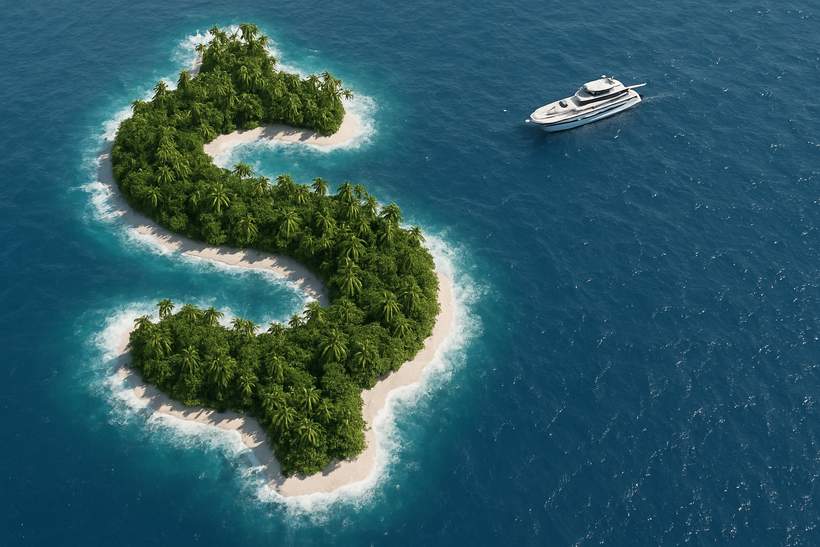Emerging Offshore Gambling Jurisdictions Attract Operators Seeking Looser Regulations

A recent investigation by the Bristol Hub for Gambling Harms Research at the University of Bristol in the UK reveals a growing trend of gambling operators relocating to offshore jurisdictions with looser regulations. Small island nations and territories like Curaçao, the Philippines, and the Isle of Man are becoming popular destinations for these operators searching for more lenient regulatory environments.
Shift Toward New Offshore Gambling Hubs to Avoid Stringent Regulation
Many of these emerging offshore regulators provide gambling licenses with minimal oversight, lower fees, and faster approval processes compared to traditional regulatory bodies. While this attracts numerous operators, it also heightens risks for players and facilitates illicit activities such as money laundering and match-fixing.
A notable example is Anjouan, an autonomous island within the Comoros, which has quickly established itself as a major offshore gambling center. By May 2025, Anjouan Licensing Services had issued 825 active internet gaming licenses. The jurisdiction appeals to operators due to its no-tax policy on gross gaming revenue and the swift licensing procedure that typically takes two to three weeks. Other rising offshore markets that recently legalized online gaming include Timor-Leste and the Commonwealth of the Northern Mariana Islands, both targeting international players with legislation passed in 2025.
The study also points out that these newly established regimes often lack robust mechanisms for dispute resolution. Unlike reputable authorities such as the Malta Gaming Authority, most offshore licenses do not require operators to engage independent alternative dispute resolution services, leaving players with limited possibilities for addressing grievances.
Additionally, transparency concerns are evident in these emerging jurisdictions. While some markets demand detailed disclosure of beneficial ownership, others — including Anjouan — implement minimal due diligence, creating opportunities for owners to obscure their identities and complicate regulatory oversight.
Growth in Offshore Gambling Correlates With More Player Complaints
The move toward these new offshore licensing regimes has been accompanied by a notable increase in unresolved player complaints. Data from the dispute resolution organization Casino Guru shows a 90% surge in unresolved cases involving Anjouan-licensed operators in 2024, totaling 148 disputes. Players commonly report issues such as blocked accounts, delayed withdrawals, and problems related to self-exclusion options.
Šimon Vincze, who leads sustainable and safer gambling initiatives at Casino Guru, warns that participation with offshore operators entails considerable risks. He stresses that the terms and conditions often disproportionately favor operators, including clauses that could be used to unjustly withhold player funds.